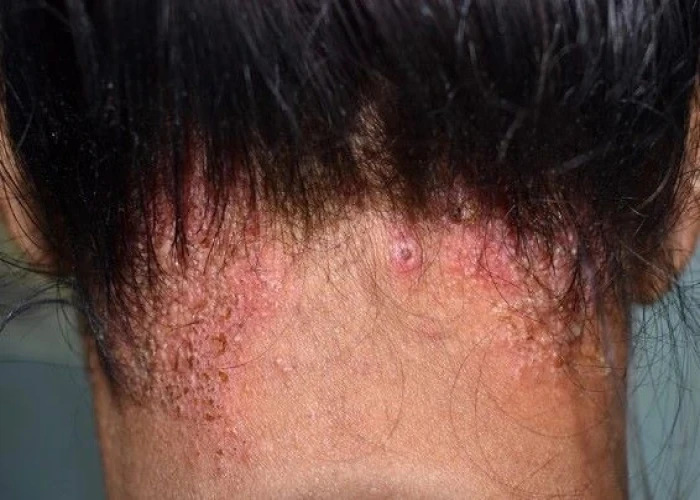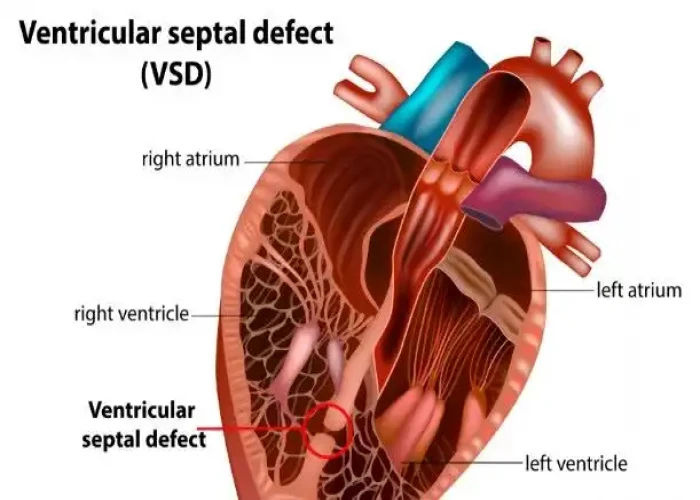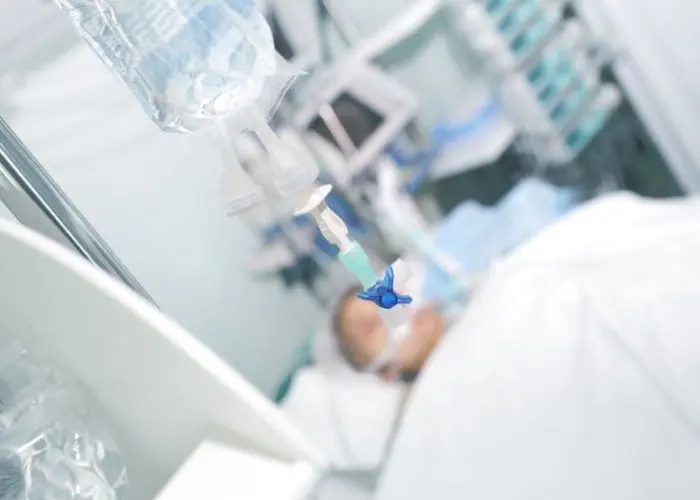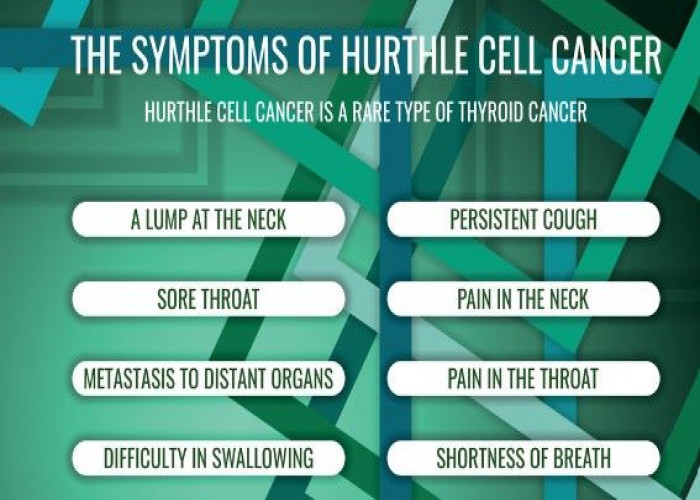 Welcome
Welcome
“May all be happy, may all be healed, may all be at peace and may no one ever suffer."
Hurthle cell cancer

Hurthle cell cancer, also known as Hurthle cell carcinoma, is a rare type of thyroid cancer that accounts for only 3-5% of all thyroid cancers. It is named after the Hurthle cells, which are a type of large cells found in the thyroid gland.
Hurthle cell cancer can be difficult to diagnose, as the cells can be similar in appearance to benign nodules. The diagnosis is typically made by a combination of fine needle aspiration biopsy, imaging tests, and examination of the removed tissue after surgery.
Symptoms of Hurthle cell cancer can include a lump or nodule in the thyroid gland, difficulty swallowing, hoarseness, and enlarged lymph nodes in the neck. Treatment for Hurthle cell cancer typically involves surgery to remove the thyroid gland, as well as any affected lymph nodes in the neck. Radioactive iodine therapy may also be recommended to destroy any remaining thyroid tissue and cancer cells.
The prognosis for Hurthle cell cancer depends on several factors, including the stage of cancer, the patient's age, and overall health, and whether cancer has spread to other parts of the body. Overall, the prognosis for Hurthle cell cancer is generally good, especially for early-stage cancers that have not spread beyond the thyroid gland.
Regular follow-up care and monitoring are important for individuals who have been treated for Hurthle cell cancer, as cancer can sometimes recur. Your healthcare provider can provide more information on follow-up care and monitor for Hurthle cell cancer.
Research Papers
Disease Signs and Symptoms
- Neck lump
- Throat pain
- Neck pain
- Hoarseness
- Shortness of breath (dyspnea)
- Difficulty swallowing (dysphagia)
- Usually, the only indication of a hydrocele is a painless swelling of one or both testicles.
Disease Causes
Hurthle cell cancer
It's not clear what causes Hurthle cell cancer.
This cancer begins when cells in the thyroid develop changes in their DNA. A cell's DNA contains the instructions that tell a cell what to do. The DNA changes, which doctors call mutations, tell the thyroid cells to grow and multiply quickly. The cells develop the ability to continue living when other cells would naturally die. The accumulating cells form a mass called a tumor that can invade and destroy healthy tissue nearby and spread (metastasize) to other parts of the body.
Disease Prevents
Disease Treatments
Treatment for Hurthle cell cancer usually involves surgery to remove the thyroid. Other treatments may be recommended, depending on your situation.
Surgery
Total or near-total removal of the thyroid (thyroidectomy) is the most common treatment for Hurthle cell cancer.
During thyroidectomy, the surgeon removes all or nearly all of the thyroid gland and leaves tiny edges of thyroid tissue near small adjacent glands (parathyroid glands) to lessen the chance of injuring them. The parathyroid glands regulate the body's calcium level.
Surrounding lymph nodes may be removed if there's suspicion that the cancer has spread to them.
Risks associated with thyroidectomy include:
- Injury to the nerve that controls the voice box (recurrent laryngeal nerve), which could cause temporary or permanent hoarseness or a loss of the voice
- Damage to the parathyroid glands, which might require medications to regulate your blood calcium levels
- Excessive bleeding
After surgery, your health care provider will prescribe the hormone levothyroxine (Synthroid, Unithroid, others) to replace the hormone produced by the thyroid. You'll need to take this hormone for the rest of your life.
Radioactive iodine therapy
Radioactive iodine therapy involves swallowing a capsule that contains a radioactive liquid.
Radioactive iodine therapy may be recommended after surgery because it can help destroy any remaining thyroid tissue, which can contain traces of cancer. Radioactive iodine therapy may also be used if Hurthle cell cancer has spread to other parts of the body.
Temporary side effects of radioiodine therapy can include:
- Dry mouth
- Decrease in taste sensations
- Neck tenderness
- Nausea
- Fatigue
Radiation therapy
Radiation therapy uses high-powered energy beams, such as X-rays or protons, to kill cancer cells. During radiation therapy, you're positioned on a table and a machine moves around you, delivering the radiation to specific points on your body.
Radiation therapy may be an option if cancer cells remain after surgery and radioactive iodine treatment or if Hurthle cell cancer spreads.
Side effects may include:
- Sore throat
- Sunburn-like skin rash
- Fatigue
Targeted drug therapy
Targeted drug treatments use medications that attack specific weaknesses within cancer cells. Targeted therapy may be an option if your Hurthle cell cancer returns after other treatments or if it spreads to distant parts of your body.
Side effects depend on the particular drug, but may include:
- Diarrhea
- Fatigue
- High blood pressure
- Liver problems
Targeted drug therapy is an active area of cancer research. Doctors are studying many new targeted therapy drugs for use in people with thyroid cancer.
Disease Diagnoses
Disease Allopathic Generics
Disease Ayurvedic Generics
Disease Homeopathic Generics
Disease yoga
Hurthle cell cancer and Learn More about Diseases

Dementia

Mood disorders

Ringworm (scalp)

Ventricular septal defect (VSD)

Persistent post-concussive symptoms (Post-concussion syndrome)

Tonsil cancer

Syringomyelia

Diabetic coma
hurthle cell cancer, হার্টল সেল ক্যান্সার
To be happy, beautiful, healthy, wealthy, hale and long-lived stay with DM3S.
